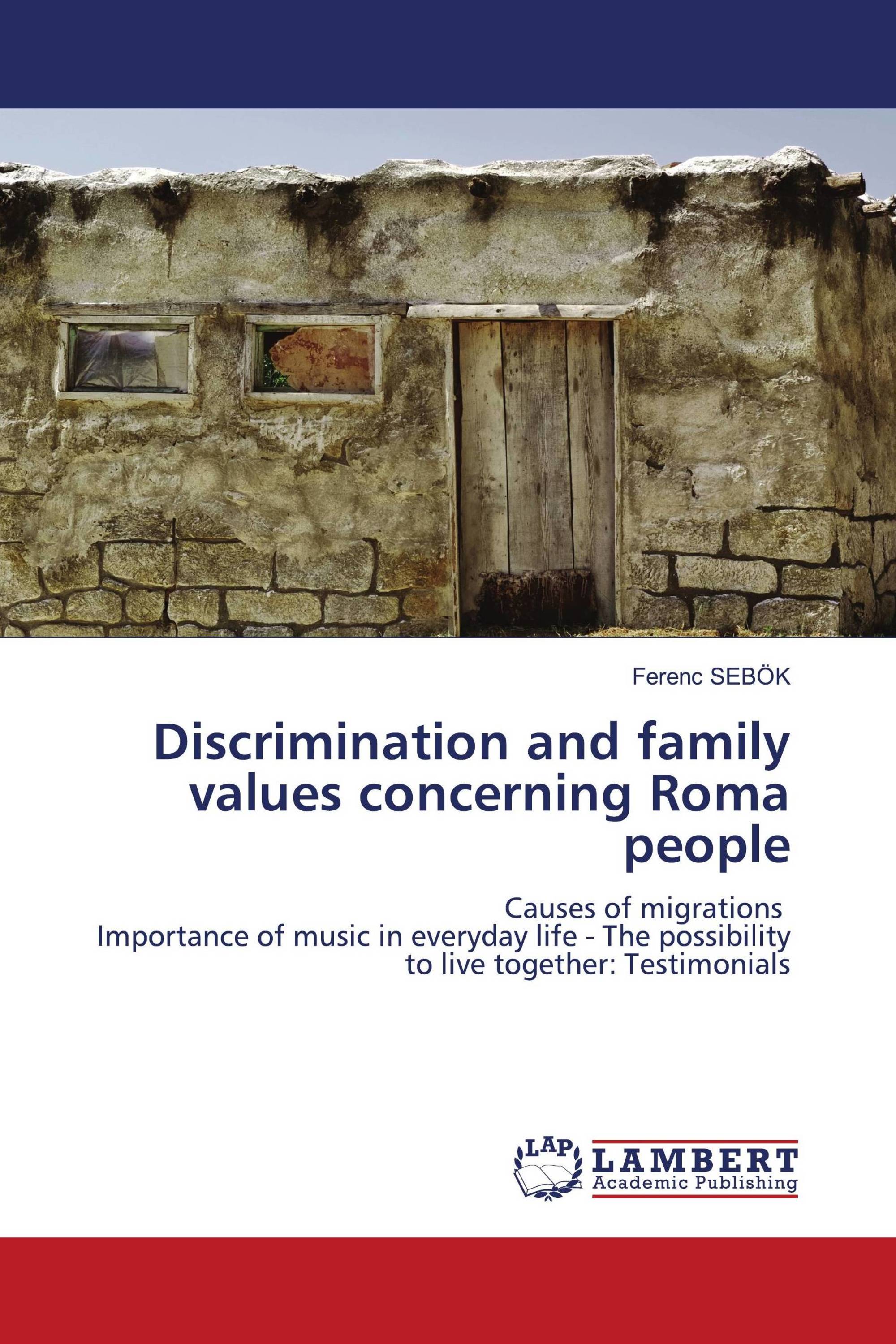Discrimination and family values concerning Roma people
Causes of migrations Importance of music in everyday life - The possibility to live together: Testimonials
LAP Lambert Academic Publishing ( 2024-10-22 )
€ 68,90
Research shows that there are 15-20 million Roma in Europe. It is a people without a country. Many of these Roma lived in the countries of Central and Eastern Europe. These countries were part of the USSR where the policy of assimilation was strong. In the Eastern Bloc, assimilation also meant favouring name changes. Communism wanted to eradicate nomadism, promote "sedentarization" by building entire neighbourhoods for the popular masses. For example, in Budapest, the old town has been preserved and it is in the periphery that large blocks of buildings have been built for the popular mass, including the Roma people. Their way of life in a caravan,without a fixed address, had to disappear, because under communism, the work card had to control the working masses and make it possible to locate all the people. Forced assimilation still allowed them to have a job. The Roma language was also considered archaic. Romas were seen as most of time illiterate and misfits for the new economic, political and social order. This research speaks about their culture, their identity and language to save, difficulty to live with non Roma people, but also the difficulties of integration... and music.
Book Details: |
|
|
ISBN-13: |
978-620-7-84403-6 |
|
ISBN-10: |
6207844033 |
|
EAN: |
9786207844036 |
|
Book language: |
English |
|
By (author) : |
Ferenc Sebök |
|
Number of pages: |
148 |
|
Published on: |
2024-10-22 |
|
Category: |
Sociology |




